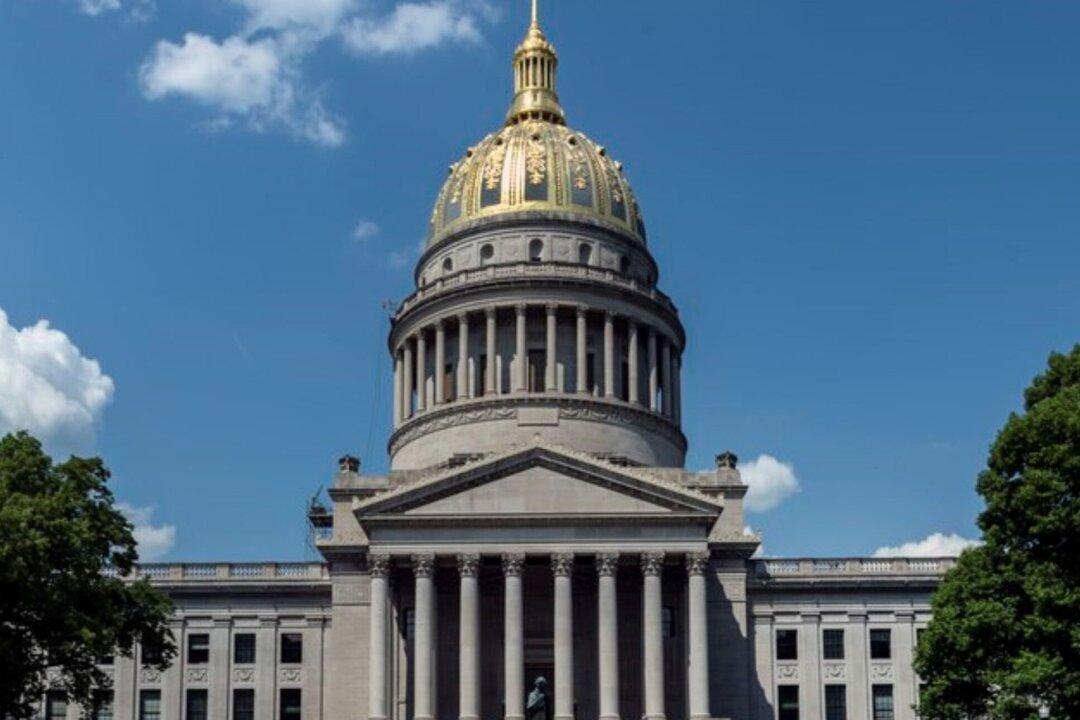West Virginia’s Republican-majority Legislature passed a bill on March 10 that would ban health care providers from performing “irreversible gender reassignment surgery” or providing gender-altering medication to minors.
House Bill 2007 was introduced by Del. Geoff Foster and passed the Senate in a 30–2 vote.




